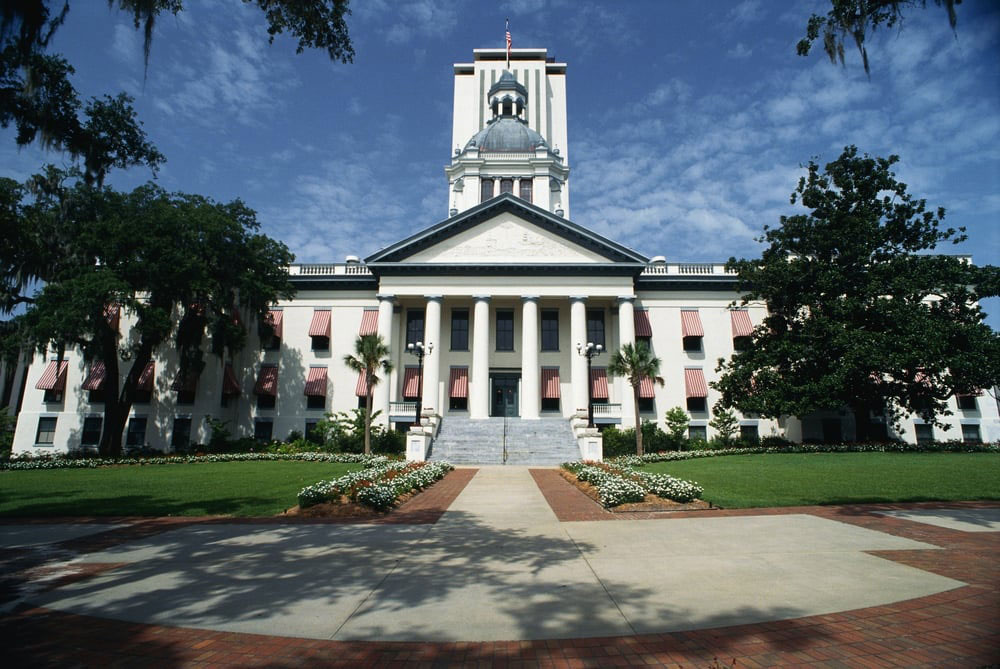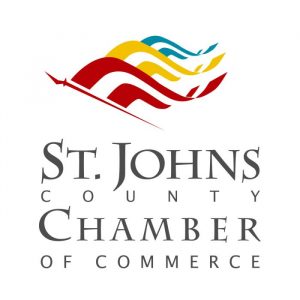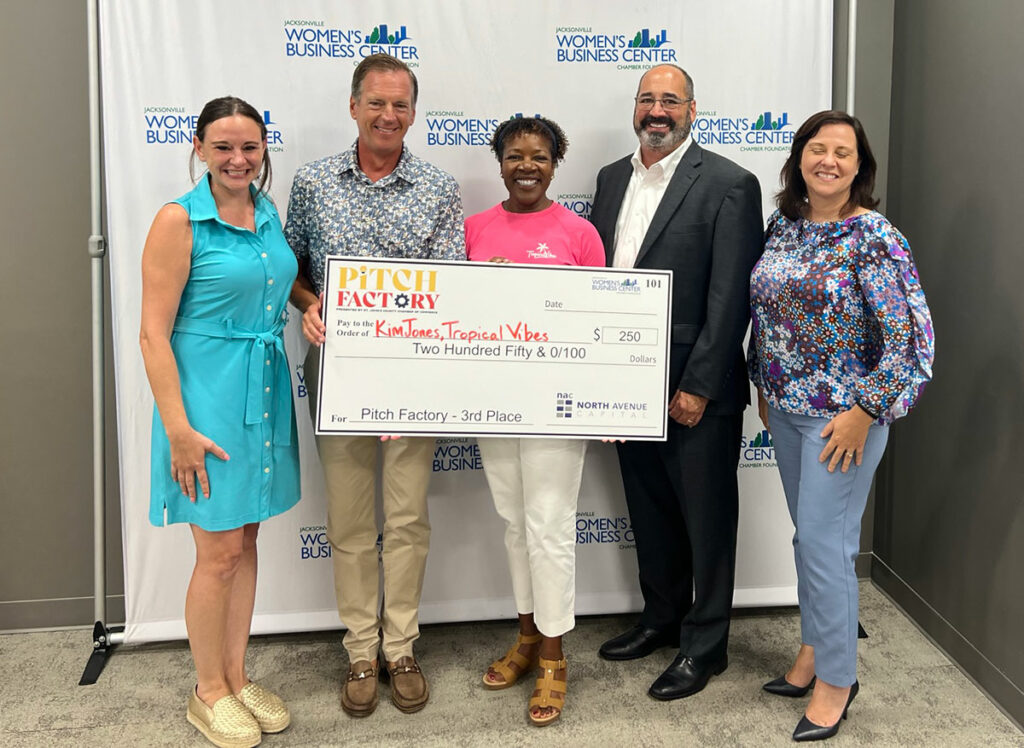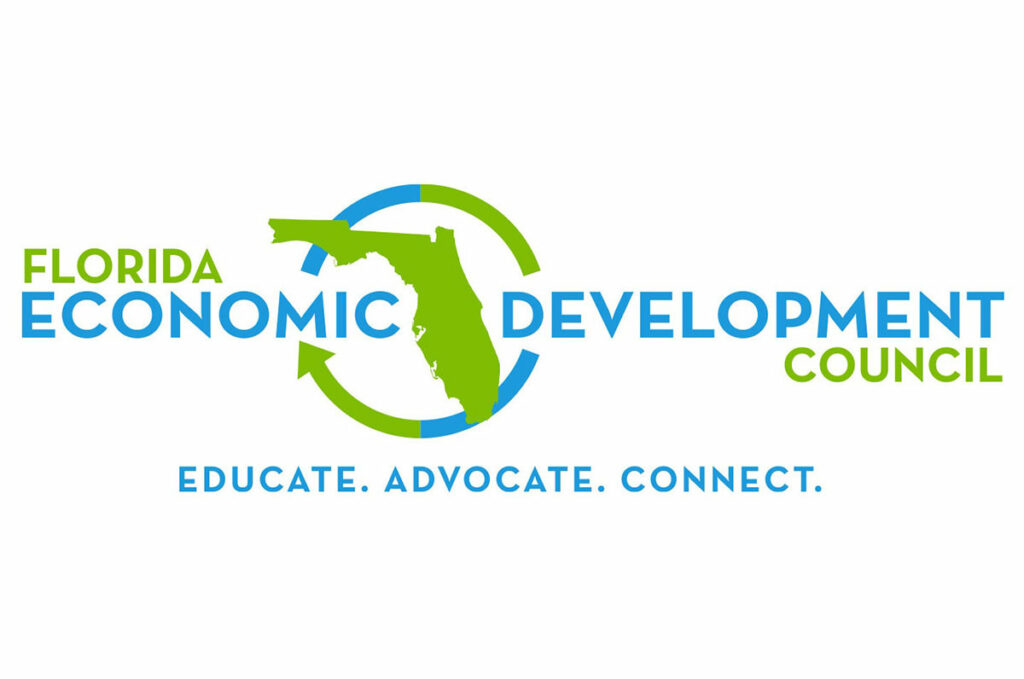St. Johns County Chamber of Commerce Public Policy Report

As the Tallahassee Legislative Session continues this 60-day session, the Chamber is following key Senate and House bills being introduced. As of February 2, only 12 bills had passed both the Senate and the House with a normal session seeing somewhere between 200-250 pass by the end.
Tallahassee Legislative Session Update
- Last week marked week 3 of the 9-week legislative session, which is scheduled to conclude on March 8. The House and Senate released preliminary details on the Fiscal Year 2024-2025 budget, which is the only item the legislature is constitutionally required to pass each year. They will have their first committee votes on the budget this week on Wednesday, and we will provide further details on the budget in the next Session update.
- Live Local Act-related: SB 328 and HB 1239 prohibit cities and counties from restricting the floor area ratio as well as density for Live Local proposed developments. It also authorizes cities and counties to restrict the height of proposed developments under certain circumstances. It makes remedial and clarifying changes to property tax exemptions granted by the Live Local Act and appropriates $100 million to the Florida Housing Finance Corporation for the Hometown Heroes Program.
Recent Actions: SB 328 passed its first stop, the Community Affairs committee, and is scheduled to be heard in its final committee, the Fiscal Policy Committee, on 1/31 at 9:00a.m. HB 1239 was referred to three committees and is waiting to be placed on agenda.
Why does this matter? If approved, this legislation would make it easier for developers to construct affordable and attainable housing for our essential workers.
- Local Business Taxes: HB 609 and SB 1144 repeal Florida Statute Chapter 205 in its entirety. Chapter 205 authorizes the Local Business Tax, which represents the taxes charged and the method by which a local government grants the privilege of engaging in or managing any business, profession, and occupation within its jurisdiction. Counties and municipalities may levy a business tax, and the tax proceeds are considered general revenue for the local government. To levy a business tax, the governing body must first give at least 14 days of public notice between the first and last reading of the resolution or ordinance by publishing a notice in a newspaper of general circulation within its jurisdiction. The public notice must contain the proposed classifications and rates applicable to the business tax. A number of other conditions for levy are imposed on counties and municipalities.
Recent Actions: Both HB 609 and SB 1144 have received their committee assignments and are waiting to be placed on an agenda.
Why does this matter? If approved, local governments would have to justify the existence of Local Business Taxes through a 14 day public notice waiting period between first and last reading of the ordinance.
- Affordable Housing Property Tax Exemptions for Accessory Dwelling Units: SB 1440 and HB 1299 amend the local option tax exemption for affordable housing to provide that, in addition to existing options for what properties may receive the exemption, cities and counties may exempt up to 100% of the assessed value of an ADU meeting certain affordable housing requirements.
Recent Actions: SB 1440 passed its first stop, Community Affairs, unanimously on 1/16. HB 1299 was referred to three committees and is waiting to be placed on the agenda.
Why does this matter? If approved, up to 100% of the assessed value of an ADU (also known as a mother-in-law dwelling) may be exempted from property taxes.









